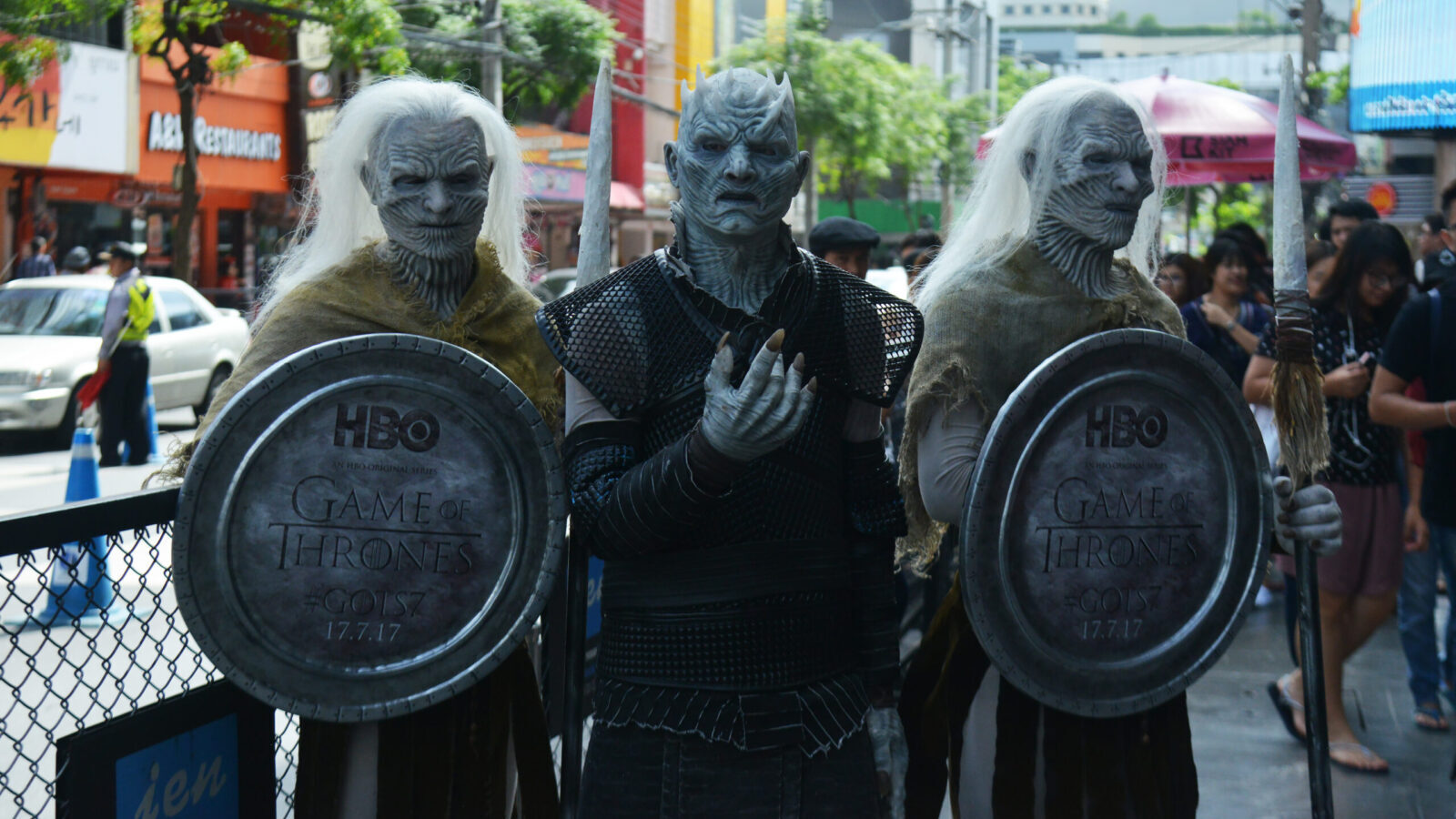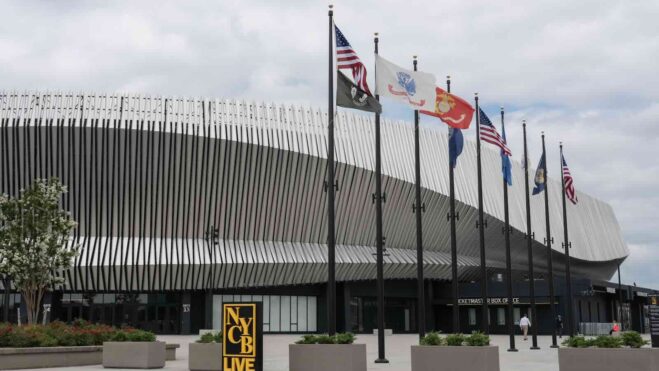‘The Real Problem Is Over The Wall’: Gaming Industry Rivals Unite Against Sweepstakes
Sportsbook operators, tribal gaming leaders unite against what they call an unregulated threat
3 min

In the second of five planned webinars on The New Normal podcast meant to shine a light on the sweepstakes industry, on Wednesday hosts Victor Rocha and Jason Giles, the conference chairman and executive director, respectively, of the Indian Gaming Association, had arguably a strange bedfellow drop by: Jeremy Kudon, the president of the Sports Betting Alliance (SBA).
The SBA includes FanDuel, DraftKings, BetMGM, and Fanatics, and just two short years ago, the SBA and the IGA were at each other’s throats. That was when California residents went to the polls to vote on Proposition 27, which would have opened the floodgates for legalized sports betting in the state, with the sportsbooks potentially being able to cut the tribes out of the deal.
Prop 27 — as well as Proposition 26, which would’ve allowed sports betting at tribal casinos — both were crushed at the polls.
But on Wednesday’s podcast? It was a classic case of the enemy of my enemy is my friend. Both the California tribes and the SBA are facing down social/sweepstakes gaming companies, and what they collectively view as unregulated casinos and sports betting operating in California and elsewhere.
Kudon, in fact, compared this moment of kumbaya to a modern classic.
“At G2E this year, that was the White Walker moment,” Kudon said, comparing the supernatural force in Game of Thrones to the sweepstakes companies such as Fliff. “You have all these warring groups, so focused on each other; meanwhile, the real problem is over the wall. Between VGT (video gaming terminal) operators, the brick-and-mortar casinos, the tribes, you’ve got us, we’ve all been all battling and going after each other, and meanwhile the real problem is right over there. The unregulated problem.”
Going to make you a verb
Meanwhile, Rocha — who said during last week’s webcast that the sweepstakes companies are “young enough to still smother in the crib” — toned down his rhetoric a bit this week, this time just threatening to turn these companies into a part of speech.
“We are going to turn ‘Fliff’ into a verb,” he said. “Where they’re going to say we went into California unregulated and untaxed and got ‘Fliffed.’ When we’re done with this, it’s going to be a verb. Trust me. The tribal leaders are shocked at the magnitude of money and the arrogance. The arrogance to come to California and think we’re not going to act.”
As for big ideas or action items, there weren’t a lot during this conversation, outside of Kudon noting their problem could be partially, if not completely, solved if the credit card companies stopped accepting payments from the sweepstakes operators.
“They may be as confused as anyone, and that’s what we’re trying to move out of,” Kudon said. “To remove the confusion.”
To that end, Kudon spent about 15 minutes giving a detailed explanation on how these companies engage the consumer, showing the difference between the free play with no-real-value coins and the real play with essentially real money, which is given as a “bonus” for purchasing the other coins.
“It’s like a speakeasy,” Kudon said. “Like going into what looks like a soda shop, and you flip this and it’s a bar.”
The discussion also touched on companies in the DFS 2.0 space, such as PrizePicks and Underdog.
“They use the word ‘fantasy sports’ but all it really is a player prop parlay,” Kudon said. “That’s the same wager that DraftKings and others offer at their sportsbooks. With PrizePicks and Underdog, in certain markets, you’re playing against the house. They should be operated and regulated as sportsbooks. I think the ‘fantasy’ is that they say it’s fantasy sports.”
Looking back, forward
Rocha said next week a representative of the American Gaming Association will be on the podcast.
Last week, Rocha and Giles welcomed James Siva, chairman of the California Nations Indian Gaming Association.
They outlined plans for a multi-pronged attack against the sweepstakes and DFS 2.0 companies, leveraging the federal government, California legislature, and the state attorney general’s office. They expressed puzzlement over the California AG’s office’s relative inaction compared to other states like Michigan, which has issued cease-and-desist letters to similar businesses.
That webinar, the first of the five planned sessions, concluded with a stark reminder from Siva: “Tribes are the operators in California. Any new entry of gaming into California begins and ends with the tribes. That’s it. That’s the reality of gaming in California. You may not like it, but you will respect it.”






